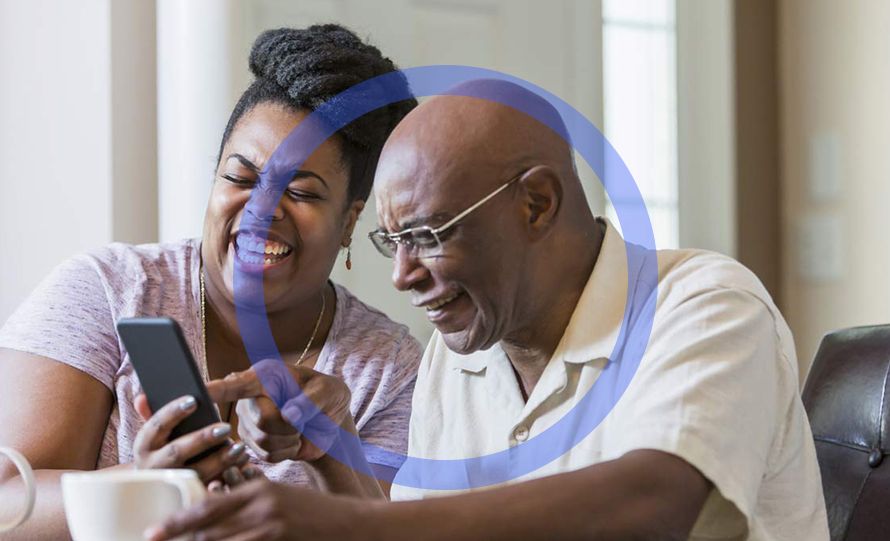Today, around 7.26 billion people own mobile devices. It’s a multi-purpose device from which we shop, consult our bank accounts, make restaurant reservations, interact with other people or consume all kinds of multimedia content. This figure is expected to grow steadily, which makes sense considering that we’ve collectively come to depend on our mobile phones to meet a significant number of needs in our lives.
Benifits of SMS Based survey
ead below the top 5 benefits of using a mobile survey:
- Greater Representation Within the Sample
One of the key advantages of conducting surveys via mobile devices is the ability to reach very diverse audiences. The phone allows access to representative samples of all ages, conditions, and socioeconomic levels, which enriches the quality of the data compared to other platforms. Access to computer use presents a legitimate barrier to getting in contact with all users. Firstly, not everyone has access to a computer and, if they do, they have to make the time to be in front of the computer to answer the questionnaire. With a mobile device, it is always easier to find that moment between activities in which to do so. - Faster Result Time
These days, who takes even five minutes away from their phone? Beyond the day-to-day capabilities of smartphones that we rely on, actually, mobile phones are the primary source of the internet for many people. So if brands want to reach the consumer faster and generate faster insights, the key is reaching people in their pockets. With mobile surveys, users can answer the survey in total comfort at any time, without having to wait to be able to sit in front of a computer. Data can be collected earlier, which speeds up decision-making. - Up-to-the-Moment Precision
Creating mobile-exclusive studies allows for fast results timed to precision with real-time activities. Interaction via mobile lets companies selects the specific moments when they want to send out surveys, making it likely that consumers are most engaged. For example, a survey on pizza consumption could be sent out late on a Friday afternoon, a study on cleaning product consumption could go out on a Sunday mid-morning, or multimedia consumption in the family could be a study that is launched on a Saturday evening. - Brevity Yields Better Results
Surveys designed for cell phones are shorter and more concise. Brevity helps to increase the sample’s willingness to complete the study and consequently allows for better-quality data collection. In fact, studies have shown that studies that clock in around seven minutes ultimately yield the best quality data. To this end, insights teams need to work to design questionnaires that consistently and accurately collect the most relevant information in the least amount of time. - Access to Additional Data
Mobile phones make it possible to combine stated findings with additional user data that is more easily accessible using technology. For example, users can scan a purchase receipt with the phone camera to report the last purchase details or tag their location when leaving a review. Users can opt into those sharing this information at the moment that is most relevant and convenient for them.
